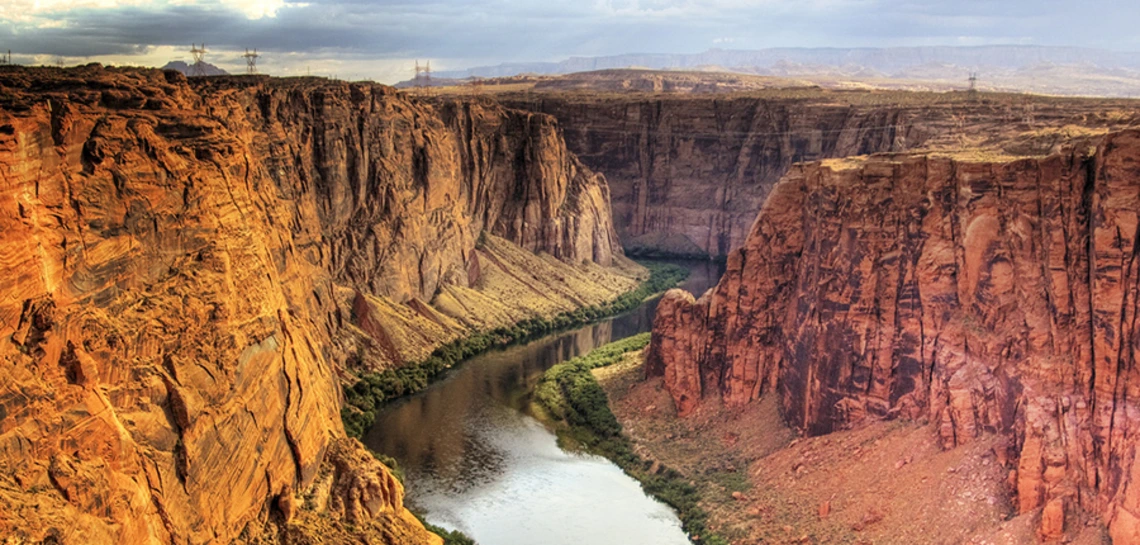WRRC Director Speaks on Tribal Water Dialogues
Dec. 3, 2021
Image

On November 16, as part of ongoing efforts by the University of California, Riverside, School of Public Policy to give policymakers, practitioners, and researchers an opportunity to discuss current pressing policy challenges, WRRC Director Sharon B. Megdal was invited to present, Tribal Water Dialogues in Arizona and the Colorado River Basin: Listen, Learn, and Listen.
After being introduced by Dr. Ariel Dinar, Dr. Megdal discussed the geographical and historical context of Tribal water rights in the Colorado River Basin (CRB). She noted the complexity of “wicked water problems” and underscored the collaborative and consultative nature of processes required to solve them. Specifically, Megal informed the audience, “Tribal participation is essential throughout all ongoing consultations.” This statement was made after Megdal traced an insightful history of the evolution of water management policy in the CRB and recent efforts to incorporate previously omitted Tribal perspectives through increased involvement and consultation. Examples included the development of the 2018 Tribal Water Study and the 2019 Lower Colorado River Basin Drought Contingency Plan.
In addition to discussing the growing acknowledgment of the United States’ obligation to conduct inter-governmental policy work with Tribal Nations, Megdal also described the Water & Tribes Initiative (WTI) and the Universal Access to Clean Water effort. According to WTI’s website, these initiatives are necessary to “raise awareness and understanding about the lack of water security in Native American communities.” In fact, as Megdal pointed out, it took an acute problem such as COVID-19 to bring attention to these chronic issues and focus on addressing them.
Director Megdal rounded out her talk with updates on the WRRC’s recent work that seeks to establish and maintain respectful relationships and place Indigenous voices at the center of water policy discussions. This work includes two annual conferences—the most recent titled, Tribal Water Resilience in a Changing Environment, which highlighted the lesson that tackling wicked water problems requires listening, learning, and listening more.

